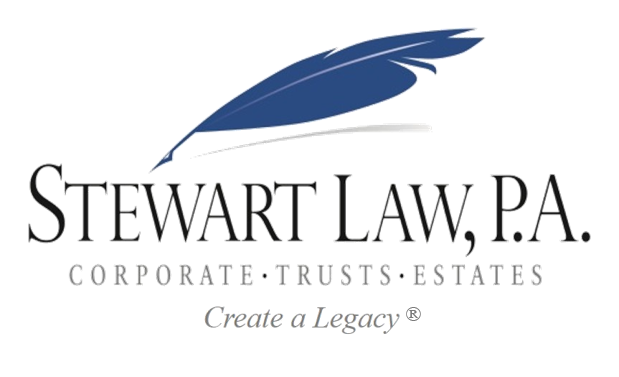Intersections of Income Tax and Estate Planning

At Stewart Law we consider estate planning a form of legal planning intended to get the most value out of all that you have, tangible and intangible assets, for yourself and those you care about. A key point is minimizing risk of loss – to creditors, income, estate or other taxes, administration fees, etc.
Of these, income taxes are on everyone’s mind in the late winter and early Spring and here are 4 places where you want to watch for any unnecessary loss of assets in your estate due to income taxes.
Retirement Accounts. When the US established income tax benefits to encourage individuals to save for retirement, it also allowed the income tax deferral feature of these accounts to benefit the account owner’s heirs over potentially a very long period of time such as decades. The theme of more recent legislation, including Secure 2.0, has been to make the account a little more valuable for the retiree through strategies like pushing back the age when you have to start emptying the account but, at the same time, they’ve made the account less valuable for most heirs. This has happened mainly through rules that require most of these accounts to be emptied not more than 10 years after the account owner’s death and sometimes much sooner. There are exceptions if your heir is in a narrow window of permissible beneficiaries such as the account owner’s spouse or a disabled child. Since these accounts will remain fully subject to income taxation in the hands of your heirs and will be taxed in a relatively short period of time after your death, consider that in many cases these assets may be worth approximately 70 cents on the dollar compared to most non-retirement assets in your estate. One option is to fulfill any charitable requests with these funds, either during your life or after death in your estate plan, as the charity will benefit from all the dollars since they do not pay income taxes.
S Corporations. S Corporations remain the most popular income tax classification for closely-held businesses. However, it’s important to remember that S Corporations have strict rules about who can be a shareholder and if your estate plan includes non-qualifying entities, and many plans do, then you will want to provide a solution to retain the S Corporation status or, at least, be prepared for it to terminate.
Who pays taxes on income earned in a Trust? Trusts are core tools in the estate planning toolbox and date back centuries since they were first used in England in a manner very similar to how they’re used today in the United States. In sum, they allow you to appoint a Trustee (such as an adult family member) to manage property for the benefit of another person (such as your minor child). So if you leave a $1 Million term insurance policy to a trust for your minor child and your brother manages and disburses it for her, who pays the income taxes on the interest, dividends and other income earned by the Trust? In short, it depends. The general rule is that if all the income is retained in the Trust for the year (for example your daughter is living comfortably off other funds), then the Trust will pay income taxes on the Trust income when it prepares and files its income tax return. If instead the income is distributed for your daughter’s benefit, such as her education or health care needs, then it will be reported and taxed as if it was her income. The strategy is to balance getting the income where it does the most good for your daughter while taking into consideration the different income tax rate that may apply.
Basis step up for assets in a Trust. If a Trust owns Apple stock worth $1 Million for which it paid $600,000 and the trust beneficiary dies, will the next beneficiary have the stock with a basis of $1 Million or $600,000? Here too the answer is that it depends. If the stock is being sheltered from a 40% estate tax on the beneficiary’s estate, which is a fairly common use of trusts, then it will not get a step up in basis at the beneficiary’s death and the next beneficiary will retain the $600,000 basis. That means if that beneficiary sells the stock then $400,000 of gain will be subject to income tax. On the other hand, there are techniques that will “pull” the Apple stock through the beneficiary’s estate for income tax purposes with the result that the next beneficiary gets a basis of $1 Million, the fair market value of the Apple stock at the first beneficiary’s date of death. This erases $400,000 of gains that would otherwise be subject to federal and state income taxes and the next beneficiary gets substantially more value from the Apple stock. The key point is that there are many cases where an estate planning attorney can help you achieve a better income tax result out of these existing trusts. The answer that was “right” when the trust was established is not necessarily the right answer today. What we see pretty often is that the estate tax savings will not be a benefit in a world where the beneficiary currently has a very large ($12.92 Million) exemption but it would be very beneficial to eliminate the unrealized gains and associated income taxes.
About the Author

Todd A. Stewart, CPA, JD
Managing Partner
